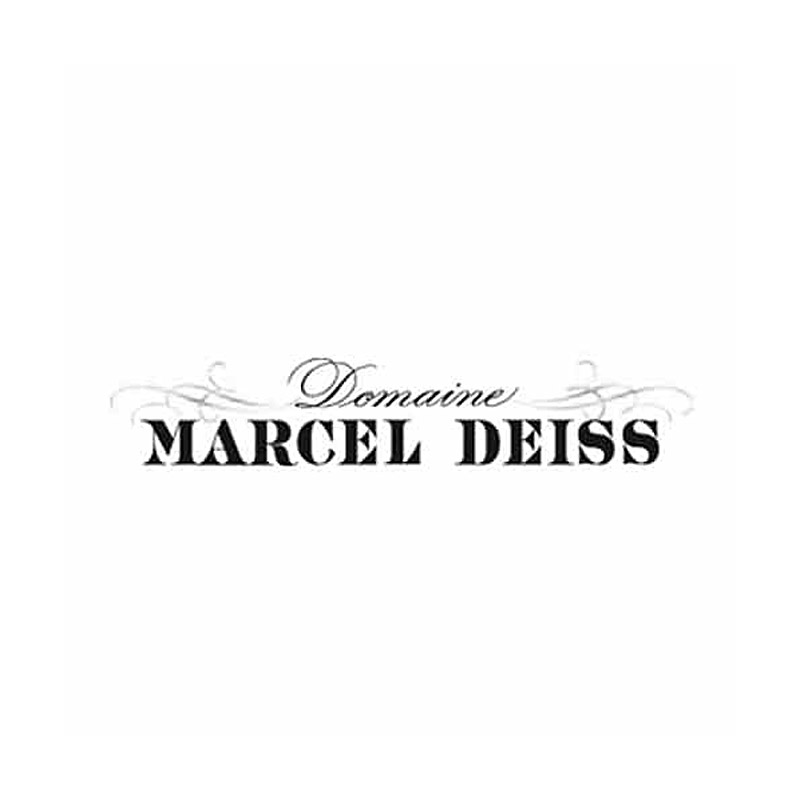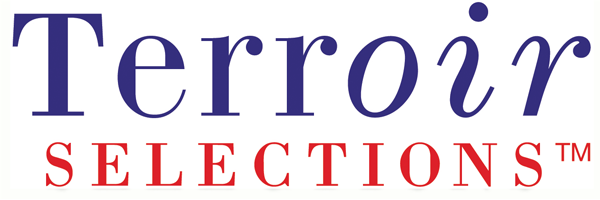Domaine Marcel Deiss
Domaine Marcel Deiss is a mid-size estate (27 hectares) located in Bergheim near Ribeauvillé in Alsace. It is a deeply-rooted family estate as the Deiss ancestors can be traced in the village back in 1744. Under the guidance of Jean-Michel Deiss, who has run the winery since 1981, the vineyards have been gradually turned organic, then farmed along the biodynamic method since 2003.

History
Jean-Michel Deiss
Jean-Michel is a passionate and somewhat controversial preacher of the Alsatian tradition of “complantation”, or field blending varieties in the vineyard. He believes that a true expression of a site’s terroir is only possible through blending the traditional Alsatian varieties in proportions suited to a particular site. He recently managed to convince the INAO (the French organization charged with regulating French agricultural products with Protected Designations of Origin) to change regulations allowing a blend to have Grand Cru status for the first time.
Viticulture & Winemaking
Viticulture and Winemaking
The Bergheim valley is unique in Alsace: a hill blocks the cold air flowing down from the Vosges which makes this valley warmer than the other Grand Cru valleys in the area. Jean-Michel Deiss is a passionate and somewhat controversial preacher of the Alsatian tradition of “complantation”, or field blending varieties in the vineyard. He believes that a true expression of a site’s terroir is only possible through blending the traditional Alsatian varieties in proportions suited to a particular site. Jean-Michel is also fervent follower of biodynamic practices. He uses very dense planting to reduce vine vigour, producing tiny, highly concentrated berries. The terroirs are a patchwork quilt created by the various North-South and East-West faults. As such, Jean-Michel treats each parcel of vines separately, believing that the nurturing of vines in specific terroirs produces wines of unique distinction, originality, and authenticity.
Winemaking
Grapes are picked late, even if that might allow some infection by noble rot; pressed slowly; and allowed to undergo natural fermentation under cool conditions. This process can take quite some time, and it is not uncommon for his wines to retain some residual sugar. -Jean-Michel believes that this only serves to enhance the expression of terroir in his wines and give them a greater ability to age. Jean-Michel separates his wines into three broad categories:
Vins de Fruits – Varietally labelled wines from a single designated commune or village.
Vins de Terroirs – Field blends of varietals dominated by their terroir, site and soil specificity which include what he calls his Premiers Crus and the AOC recognised Grand Crus.
Vins de Temps – Classic late harvest wines with the Vendange Tardive and Sélection de Grains Nobles designations.
